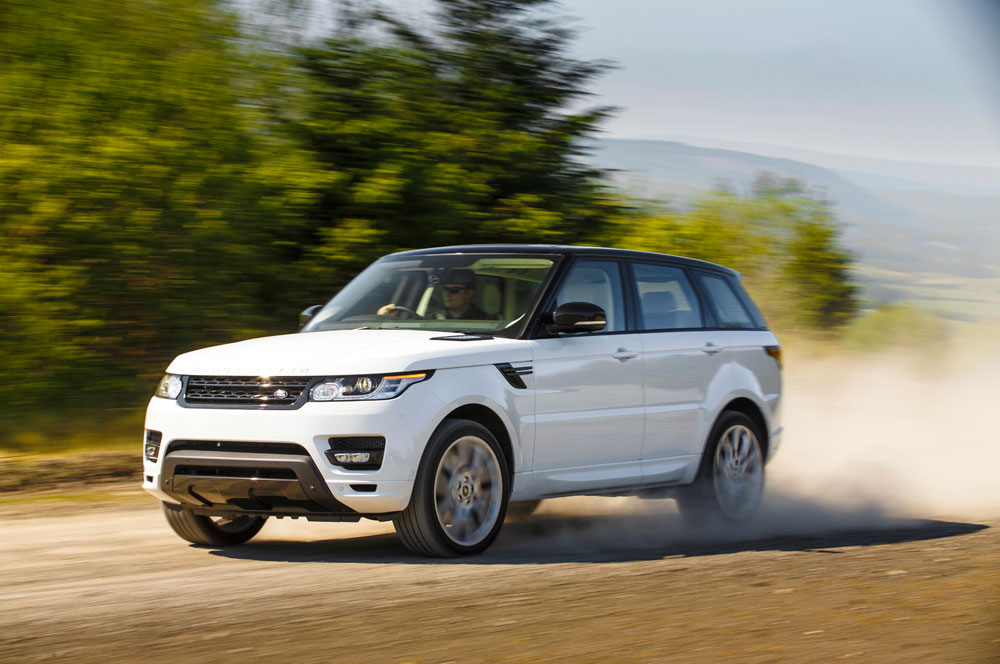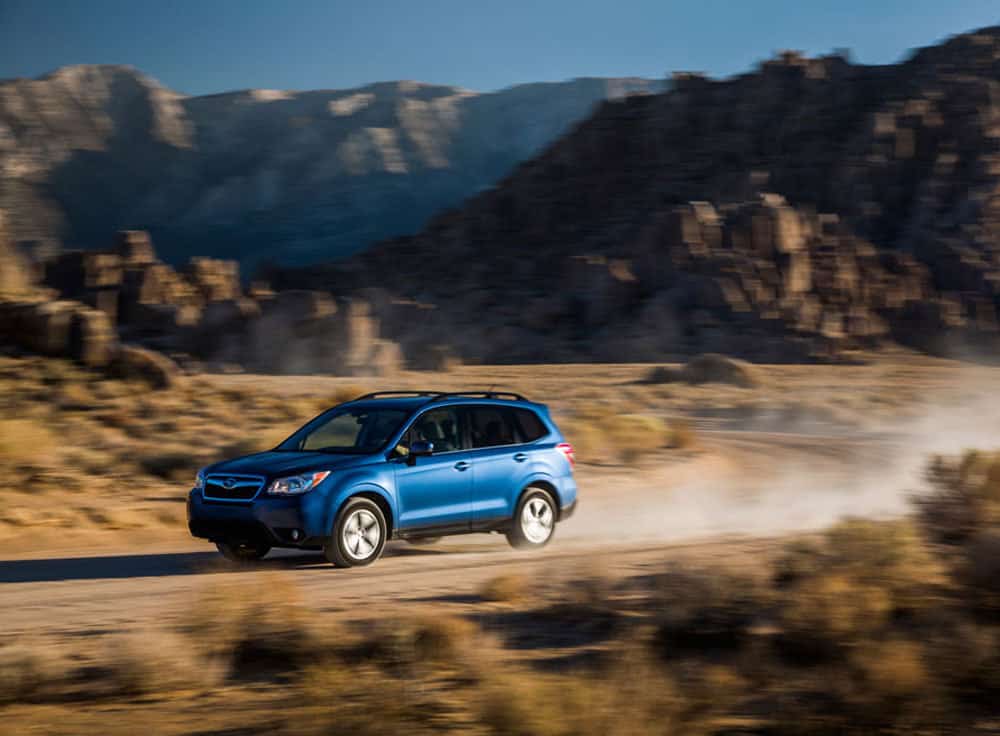These are curious times in the automotive world. Motor Trend recently bestowed the Subaru Forester with their SUV of the Year Award, and Four Wheeler Magazine, the nation’s oldest off-road publication, just gave their top SUV honors to the Range Rover Sport. On both counts, you could almost hear heads exploding from sea to shining sea, but for radically different reasons. The resulting tidal surge of reader indignation flooded comment boxes on dozens of websites prompting subscribers to threaten subscription cancellations and cyber-tantrums continue to rage.
Having read enough of those comments to unravel my faith in the inherent good nature of my fellow man, (vitriol runs rampant on those postings) I have made a couple observations. First, there is a noticeable shift in what even staunch off-road enthusiasts deem as necessary attributes for the ideal off-road platform. The Forester is not the only diminutive vehicle to score well as of late. Slipping in behind the Range Rover Sport is the decidedly polarizing Jeep Cherokee Trailhawk. It’s my opinion that many people simply don’t want to admit that these smaller offerings not only do well off-road, but they probably afford all of the backcountry proficiency many drivers need.
It’s safe to say, the rugged rock crawling demographic is best served by the handful of vehicles left on the market suited to that task like the venerable JK and frankly, much older trucks not so offended when they get a rock jabbed in their flanks. For the rest of the backroad bunch, most are at best driving bumpy roads where vehicles like the Forester and Cherokee will more than suffice. That said, tell some overlanders their trips can be accomplished in a Forester or Cherokee and you might get a thumb shoved in your eye socket.

The other thing I noticed with these recent awards is that the SUV is changing rapidly, and moving far adrift from what the traditional overlander wants, needs, or is accustomed to having. These new offerings, like the RRS, are shockingly capable. They are also, very expensive. It took a virtual tap on my shoulder from a few ExPo members to remind me the awarded Range Rover Sport is a machine wearing a $94,000 price tag. Now, before we get sucked into the ugly rabbit hole of pricing, let’s just assume the RRS is worth every penny. I’m sure it is, with its supercharged engine and interior appointments which have more in common with a private jet than they do the original Landy that so defines the brand. My hunch is, are they too expensive to even be attainable. The platforms of the 90s which for so long defined the overland segment are now pricing themselves into the financial stratosphere, and as such, may never see a road not lined with curbs.
The RRS may be a brute off-piste, but does it matter? It’s clearly capable, having set a new record crossing the Empty Quarter of the Arabian Peninsula in a scant 10 hours, but who’s going to clobber such a rig on their own dime? Is the $81,000 Lexus LX a better overlander than a $30,000 Cherokee? Do both miss the mark entirely? These new iterations of overland stalwarts are pricing themselves into obscurity, at least within our particular demographic. As a bizarre aside, the Land Rover LR4 is starting to inch forward as a bargain.
If these recent awards are to serve as bellwethers for the future of overland appropriate vehicles, our choices could wind up being either compact SUVs like the Forester, or luxury laden exotics unbefitting so much as a dusty green-lane. What happens in twenty years when the AWD Prius and Bentley Rubicon win these awards?


